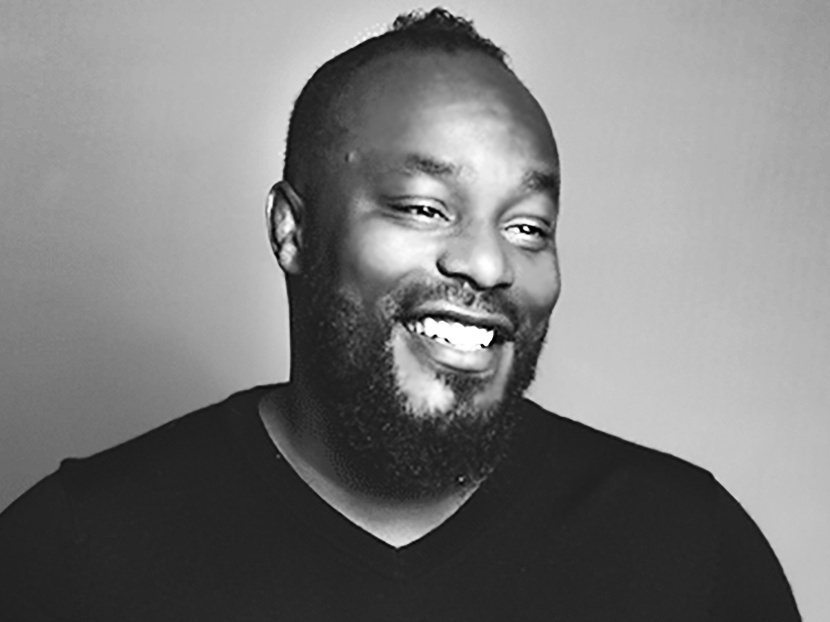Rev. Dr. Elizabeth Conde-Frazier
Theology, Participatory Action Research (PAR), and Community Transformation
2024-25: This grant will be used to refine the curriculum that Rev. Dr. Conde-Frazier has been using with Latine pastors as a part of learning to do community transformation. She hopes to assess the best ways to fashion curricula that can intentionally bring together the following aspects: critical thinking, self-care, doing of theology and spiritual discernment, in such a way that the syllabus includes readings, presentations, exercises and evaluations which culminate in the creation of ministries of transformation in the surrounding community of the students’ congregations along with the ability to articulate the theology that informs their ministry.
She will act as a theological educator providing educational pieces with the purpose of supporting their efforts to transform their communities. The pastors she is working with come from El Paso (TX), Chicago (IL), Kissimmee, Tampa, and Orlando (FL), and Palmer (Puerto Rico).

Rev. Dr. Elizabeth is an ordained pastor, theological educator, scholar, author, and mentor for many. She led the Asociación para la Educación Teológica Hispana (AETH) and was dean of Esperanza College of Eastern University in Philadelphia, PA. Rev. Dr. Elizabeth was a professor of religious education at Claremont School of Theology and taught Hispanic Latino/a theology at the Latin American Bible Institute. She was also the founding director of the Orlando E. Costas Hispanic and Latin-American Ministries Program at Andover Newton Theological School.
Congregations and Communities grants provide support for urban pastors, churches, faith-based community organizations, and theological institutions to share resources, ideas, and practices for life-giving ministry in cities across North America. Typically, we invite those who have not previously had access to resources or grant funding.
Affinity Working Groups (AWG) provide time and space for a small group of ministry practitioners to journey with each other over time, exploring a focused question (or set of questions) and engaging in action and reflection cycles. The background for this is a recognition that ministry leaders are often so busy that they have little time or structure to intentionally reflect on and learn from their practice. We anticipate this to be a hopeful, life-giving, and generative process that encourages growth and ministry sustainability. This group could be a transformative experience for ministry leaders individually and as a community. Each year, the HUB team facilitates groups around particular topics.



